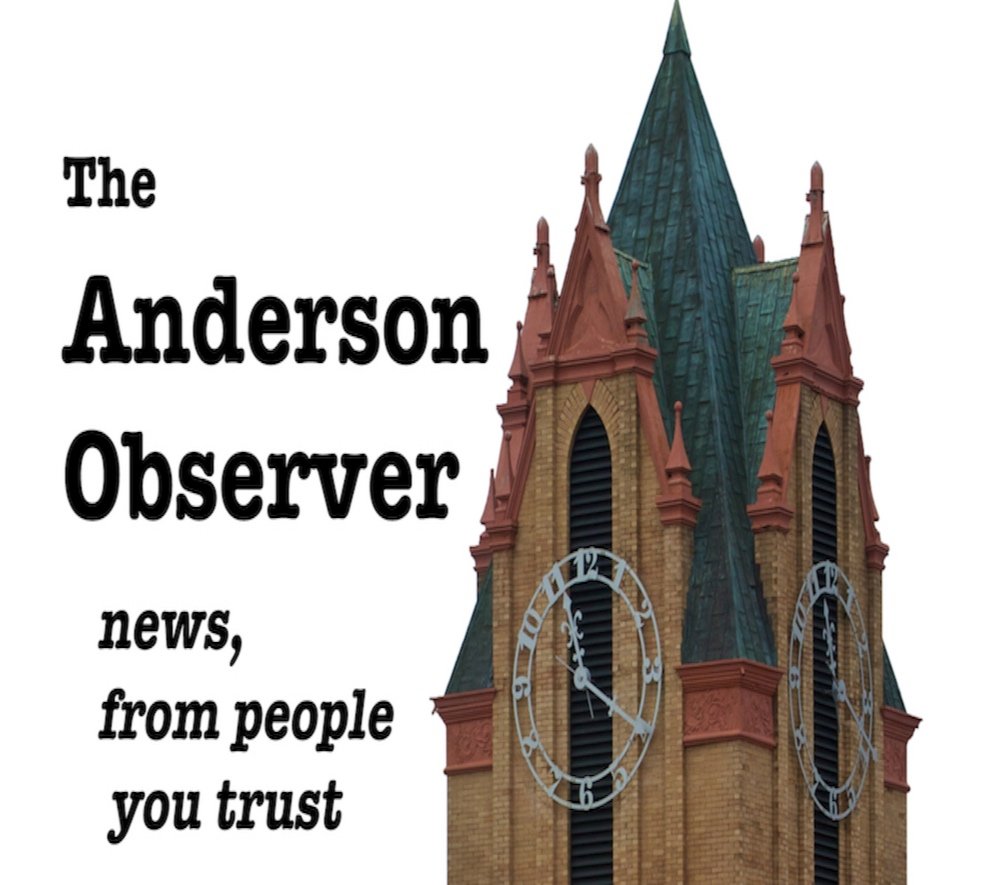State Representatives Should Respect Home Rule
Editorial Board/Anderson Observer
On Tuesday night, Anderson County Council unanimously passed first reading of an agreement amending the proposed November penny sales tax referendum for roads to exclude non-prepared foods.
The exclusion of groceries will cut the annual amount that would be generated for road/bridge work and maintenance by $15 million annually. There is room for debate on whether this move, which required approval of the South Carolina Legislature, is meaningful. It would only reduce the price of $200 of groceries by $2, making it a symbolic move, not one that really provides any true savings. Nevertheless, some members of council hope it will increase the chances of the measure passing, so it’s two votes away from reality.
In attendance at the meeting to speak out against the measure entirely were a trio of politicians who sat together on the front row. Two were candidates who failed to win their primary bids, Sherry Hodges, who lost her bid to unseat incumbent S.C. Rep. Don Chapman, R-Dist. 8, and Dave Shalaby, who failed in his attempt to unseat incumbent Anderson County Council Vice Chairman Brett Sanders, who represents District 4.
It is healthy for local governments to hear the viewpoints of all citizens, including those who have sought public office and failed to get elected. Both Shalaby, who also voiced opposition to all Fee in Lieu Of agreements, and Hodges, spoke out against any new tax for roads. Hodges vowed to organize opposition against the measure, and asked council to remove it from the ballot.
But the third member of the group, Lee Gilreath, who defeated incumbent S.C. Rep. Jay West for the District 7 seat, and faces only token opposition in November, also addressed council on his opposition to the roads-funding referendum. As the likely representative elect for the S.C. House, it is incumbent on Gilreath to recognize the impropriety of such a move. State legislators have no place to challenge county council in public remarks, and have instead worked together with the county legislative delegation to discuss, challenge and work with county council on areas of common governance.
But a county council-approved referendum is not something any state lawmaker has any authority to approve or reject. Home Rule calls for the exercise of independent authority by elected local governments in South Carolina. (See informative, but dense, handbook here).
Council often works behind the scenes with the county legislative delegation on such projects, seeking wisdom and input, but it is not the purview of members of the legislature to chide or lecture council.
Perhaps Gilreath will garner a fuller understanding of this relationship when he has had some time in office. Most freshmen representatives lean heavily on the more senior members of their delegation to navigate the often-confusing ways of state public office.
But in the meantime, we hope Gilreath recognizes his new role demands a more appropriate response to issues of the day, working behind the scene with concerns, a good lesson to learn early.
